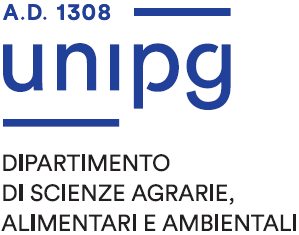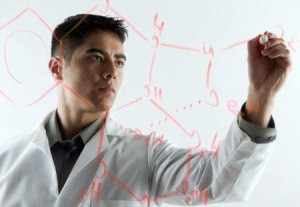Ph.D Course in Agricultural, Food and Environmental Science and Biotechnology
Coordinator: Prof. Emidio Albertini (This email address is being protected from spambots. You need JavaScript enabled to view it.)
Location: Dipartimento di Scienze Agrarie, Alimentari e Ambientali (DSA3)
Learning outocome
Ph.Ds will receive international level education and qualification and will be able to develop and apply innovative and complex technologies, including molecular and biotechnological tools, for the study and optimization of agroecosystem management and of the agri-food and animal production chains, and for the study and conservation of environmental resources. Emphasis will be given to environmental quality and protection and to the improvement of quality, safety and sustainability of agri-food productions.
The Course has two curricula:
1) Agri-food and animal productions, dealing with the following topics:
- crop management for the production of raw materials for the agri-food chains
- food biotechnology
- quality and safety control of food products
- farm animal breeding
- farm animal reproduction biotechnology.
2) Sustainable production systems and environment, dealing with the following topics:
- sustainable management of agroecosystems and adaptation to climatic change
- no-food production chains
- study and management of soil, soil-plant-atmosphere system, and water resources in agricultural systems
- biodiversity conservation and valorisation
- plant reproduction biology
- plant breeding
- plant biotechnology
- biotechnology of agricultural microorganisms
- study and management of plant diseases
- plant insect pests and their natural enemies
- plant eco-physiology.
Professional outcome
Ph.D students enrolling in this Course are mostly Ms graduates in agricultural science, animal science, agricultural biotechnology or food science. After graduation, many of these continue to do research as post-docs at this or other national and international research institutions, while others find positions at research institutions, both public and private. Several students are from public institutions (high schools, ministries, research institutions) or private institutions (seed companies, agrochemical companies), and usually return to their previous jobs where they can get career advancements. Autonomous work can stem from spin-off initiatives.


